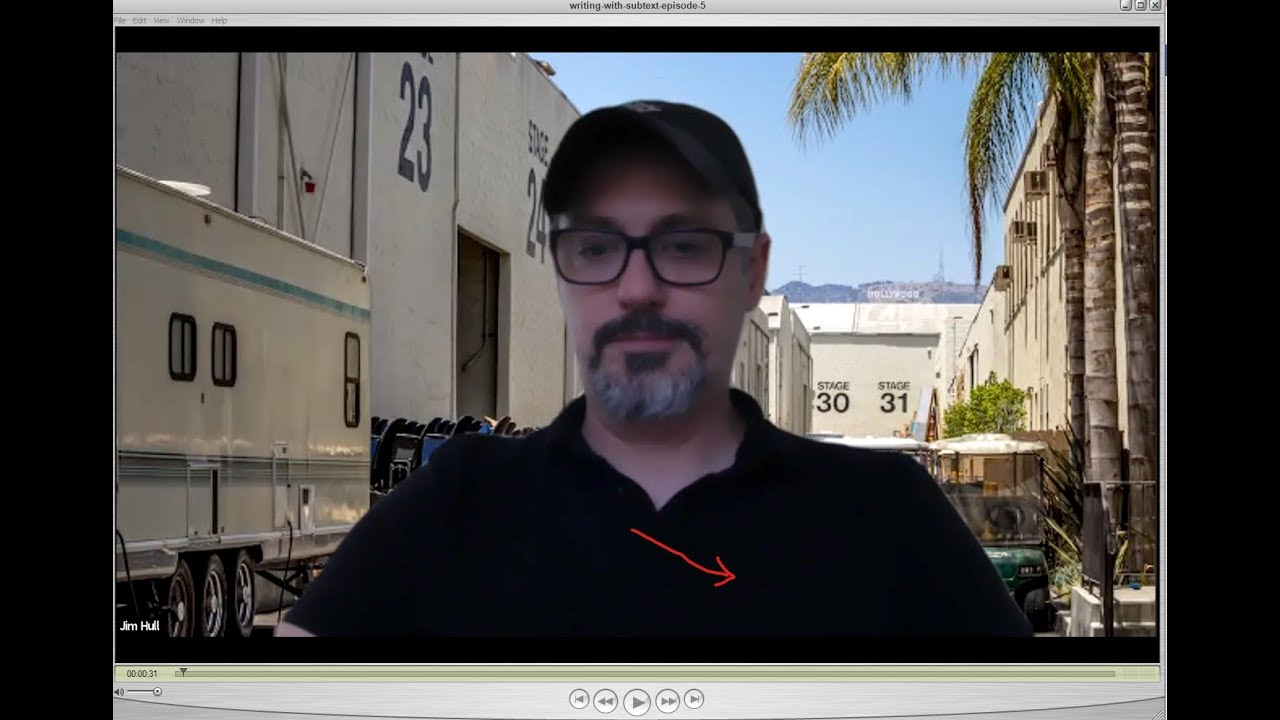Here’s how I put some things together to create an IC role. I think it’s all pretty sound.
The MC perspective will have built up justifications for having, say, a Mind problem. That just means that it has reasons for having chosen to view the problem as a Mind problem. The reasons/justifications are built up through backstory.
Ex. John loves to drive his old Firebird (Mind), but it has fallen into disrepair (Universe). John tried to spend the money to fix it up, but this often caused him and his wife to get into spats. In order to avoid getting into spats with his wife, John has justified that his love for driving the car is the true source of conflict and tries to deal with it accordingly.
In a Change story, those justifications are being torn down (John starts figuring the spats were a result of the pressure his wife feels at work and not a result of spending money on the car) while in a steadfast story they are being built up (John figures that if the spats continue, his wife will leave him).
The ICs role, then, is, as an analogy, to present the MC with a case for either abandoning old justifications or building up new ones in order to switch perspectives on the problem—in Johns case, to get John to stop seeing it as a Mind problem of loving to drive his car and to take up seeing it as a Universe problem of the car being in a state of disrepair.
There are many ways an IC can fulfill this role, some more direct than others. Ex. Harry has a broken body (Universe). Someone asks Harry, “You were on your way to being one of the greatest runners the world has ever seen before the car crash that left you in this state. How do you deal with abandoning your dreams of being a great runner?” And Harry answers “If I ever gave up on my hopes and dreams, I’d fall into depression and die. I’ll never do that. Instead, I’m going to go to physical therapy every day and work my butt off, no matter how painful, until I can fix my body and walk again”.
Now maybe John sees this and thinks to himself “you know, I shouldn’t give up on my hopes and dreams, either. I should drive that car again. I’m going to go out and fix up that Firebird just like Harry is fixing up his body. And just like Harry doesn’t care about how much pain he’s going to go through, I don’t care how much emotional pain (that is, spats with the wife) I have to go through. I need to get out and fix up that car!” Or maybe John sees this and thinks “Harry can deal with the pain, but I can’t. I’d rather give up my hopes and dreams.” Or it might be that John doesn’t see this event happen at all. Maybe Harry and the questioner-not John-are the only two to see it within the story world. Even so, the very fact that this scene appears in the story means that the Storymind has seen it. And since this scene is in the same story/Storymind as Johns story, that Storymind is still able to ‘transfer’ that influence across over to John.
In John’s case, assuming he starts thinking the pain of fixing up the car is worth it, what the audience sees will look like John deciding to deal with the pain of fixing up the car without being provoked in any way at all. But if the audience sees Harry’s answer and then sees John decide the spats with his wife are worth fixing up the car, then the audience should be able to feel that influence of Harry’s being transferred to John.





